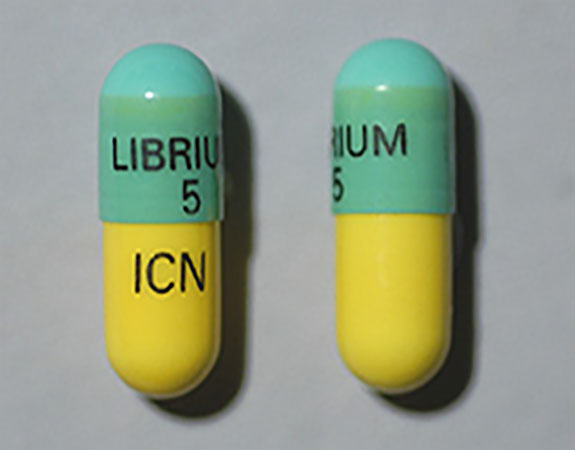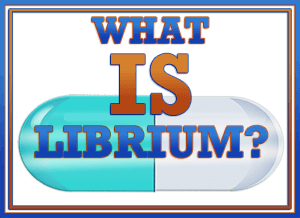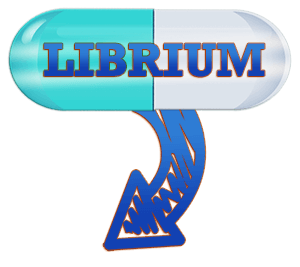
A great number of medicines are used for opiate addiction treatment. The addicted search for quick and painless methods to go through drug withdrawal. It causes a withdrawal syndrome that occurs after a permanent drug discontinuation. The first withdrawal symptoms are subject to start 12 hours after the last dose of the drug is taken. They keep growing on following by later physical side effects
Patients start to suffer the following severe symptoms:
- Physical – increased lacrimation and rhinorrhea accompanied by pupil dilation. Rhinorrhea is soon followed by muscle and stomachaches. Pain intensity gradually increases. The patient experiences muscle twitches, including random kicking movements, cold flashes, including chilly and “goose” flesh. Stomach upset presents in nausea, vomiting, diarrhea.
- Psychological – apathy grows into depression; emotional swings, anger and aggression and insomnia are involved. A few days later anxiety co-occurs with fear, and sometimes, with hallucinations. In such condition a patient can go to any lengths to get a dose of their drug.
The psychophysiological symptoms of opiate withdrawal usually peak 4 to 5 days, sometimes longer, before the physical side effects gradually subside and go away on 14-21 day. The psychological symptoms tend to ebb and flow and usually last much longer – this is how drug addiction shows itself.
How can Librium help (Chlordiazepoxide)
Librium is a benzodiazepine class medication used to treat anxiety and stress, insomnia, muscle stiffness and other withdrawal symptoms. Its chemical formula affects reticular formation structure and non-specific thalamic nuclei.
Librium is a prescription sedative drug with anxiolytic properties and it should be paired with medications of other classes for more effective treatment.
Librium treatment depends on an individual. It must be borne in mind that some medications and their combinations can be helpful for some but have completely opposite effects on others. Medical consultation and care are therefore compulsory.
Symptoms that Librium Treats
The anxiolytic is effective for:
- Anxiety disorders;
- Hysteria accompanied by headache and intrusive thoughts;
- Stupor;
- Shaking hands, spasms and hyperkinetic movements;
- Muscle and knuckle pains.
Librium can increase appetite, reduce nausea and diarrhea. The medicine is one of the most powerful benzodiazepines used for opiate withdrawal treatment. However, it doesn’t work for everybody. If it seems not to be effective, it should be replaced.
Being a psychoactive drug, Librium should be used in the short-term. Otherwise it can cause withdrawal syndrome and, if taken too much, it can cause overdosing.
How to Use Librium for Opiate Withdrawal
Librium is available as capsules.
The active ingredient content of a capsule:
- 5 mg.
- 10 mg.
- 25 mg.
You should make sure you have enough capsules for your treatment course.
A recommended dosage for the first day of treatment is 25 mg, 3-4 times a day. If no side effects occur, on the second day a dosage can be increased by 200-400 mg a day. However, it’s not recommended to increase a dosage without need. It should be kept in mind that high medicine concentration in blood increases risk of complications.
Librium treatment should be withdrawn gradually or suddenly 3-5 days after start of the treatment. The medicine should be divided into equal doses and taken between a reasonably equal amount of time.
Side Effects
There are instances when depression and other opiate withdrawal symptoms can worsen.
Common adverse effects include:
- lethargy, temper outbursts, hallucinations;
- bone marrow depression – leukopenia, agranulocytosis;
- rapid heartbeat, increased arterial tension;
- heartburn, coprostasis, changes in laboratory blood values (elevated transaminases) – the indications indicator of liver damage;
- urinary retention;
- different types of allergic reactions.
When any of the above-mentioned symptoms appear, it is a sign that you should ask for medical advice. Your doctor will probably ask you to cut down on or discontinue the medication.
Librium overdose leads to unconsciousness, somnolence and coma. If an individual experiences any overdose symptoms, they must be immediately hospitalized.
Adequate evaluation of Librium indications and contraindications helps achieve good results in opiate withdrawal treatment.
